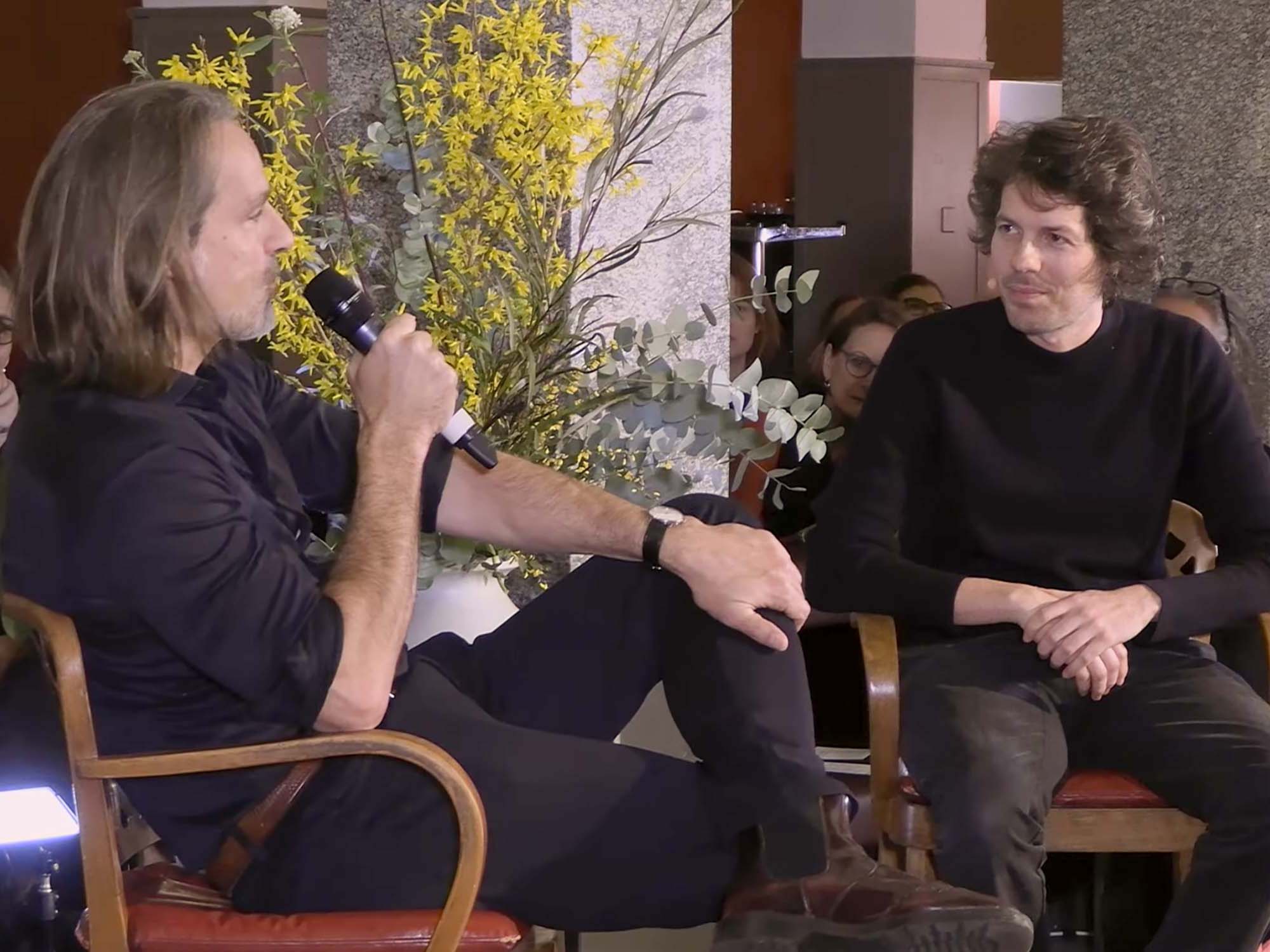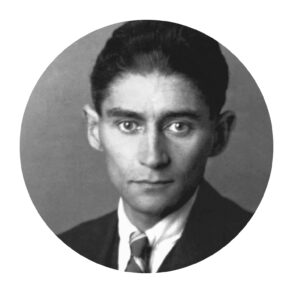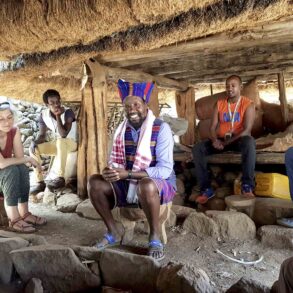Philip Kovce, a contemporary philosopher associated with anthroposophy, is holding talks with leading cultural figures in Basel’s Café Unternehmen Mitte. Recently, Richard David Precht, one of Germany’s most famous philosophers, was his guest. The theme of their philosophical dialog is also the title of Precht’s current book on the future of the world of work—Freiheit für alle [Freedom for All.]1
Philip Kovce opened with the question, “How do work and freedom fit together?” Following a path from thesis to antithesis to synthesis, Richard David Precht gave the words “plague” and “drudgery” as paraphrases for “work”—both having nothing to do with freedom and voluntariness—and then turned to Ludwig Erhard’s book Wohlstand für alle [Prosperity for All].2 Erhard, the former German Vice-Chancellor and Minister of Economic Affairs, is regarded as the father of the social market economy and the concept of combining economic success with social justice. According to Precht, his book is a new edition of this literary landmark, striving towards an economy that reaches all human beings and leaves no one behind. “I took this up and said: If we’re now entering the second machine age, then the prophecy of this second machine age—the beginnings of which we are currently in—is that this age simply may not lead to prosperity for ‘everyone.’” It’s important to remember, Precht added, that, at the time [1957], “everyone” just meant Germans. He then described what can be found in many visions of the future regarding the “how” and “what” of the world of work: the digital revolution, the “second machine age,” as Precht calls it, the age of artificial intelligence, enables us to do only the work we want to do. While the first machine age replaced all the routine work of the human hand with machines, it is now the human brain that does the routine work. What remains, or is newly created, are the professions that we like to do. Precht names four occupational fields here: politics, management professions, crafts, and the empathic professions in art, education, and science.
On the Way to a Meaningful Society
Precht recalled that “secure” and “well-paid” work was still the credo in the 1980s. Today, however, hardly anyone would advise children to look for a “secure” job. Finding a job that makes them happy, fulfills them, and leaves time for family and friends is, and will increasingly become the natural requirement. As Precht puts it, it is the changeover to a “meaningful society.” In this society, it is most important to ask, “What do I have to do to lead a good and proper life?” Work is part of the answer. What applied to the top one percent in feudal societies and a few realms in bourgeois societies now applies to everyone.
Kovce took up this idea with the question of a universal basic income (with the footnote that the day of their discussion was Götz Werner’s 80th birthday3). According to Precht, Götz Werner had made the topic of a universal basic income “socially acceptable” because, as a successful entrepreneur, he was not suspected of indulging in student or communist fantasies of salvation. At the same time, he regrets that Werner did not develop his ideas further. Kovce wanted to know why now, after years of lively discussion and government attempts, there was no longer much talk of universal basic income and, instead, the Bürgergeld [“citizen’s income,” Germany’s unemployment payment introduced in 2023] was reviving the past in a backward somersault.
Then, Precht presented one of his key ideas: “We are experiencing an age of restoration in many Western European countries, with Germany at the forefront. We are currently moving backward.” This is not unusual, he said, because it is indeed part of historical development that upheavals and revolutions are often followed by reversals and restoration. The best example is the years after Napoleon. His revolution, which also shifted national borders and led to the disempowerment of the nobility, was backtracked with the Congress of Vienna. Enlightenment, French Revolution, bourgeois society, and then, the social market economy—that was not a straight, upward line. Rather, there was a return to monarchy and dictatorship in between. The coronavirus crisis and Russia’s war in Ukraine probably set this restoration period in motion.
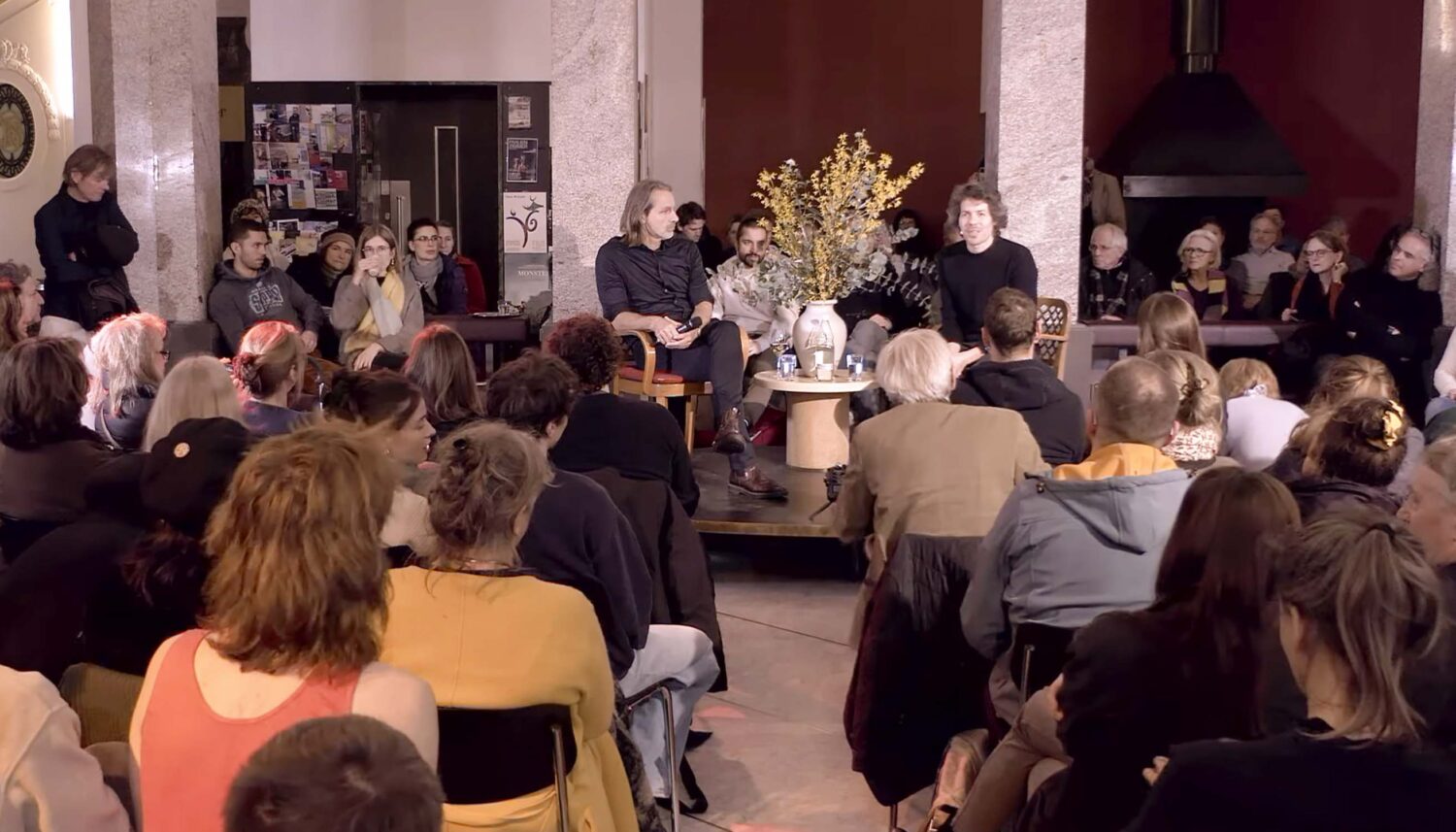
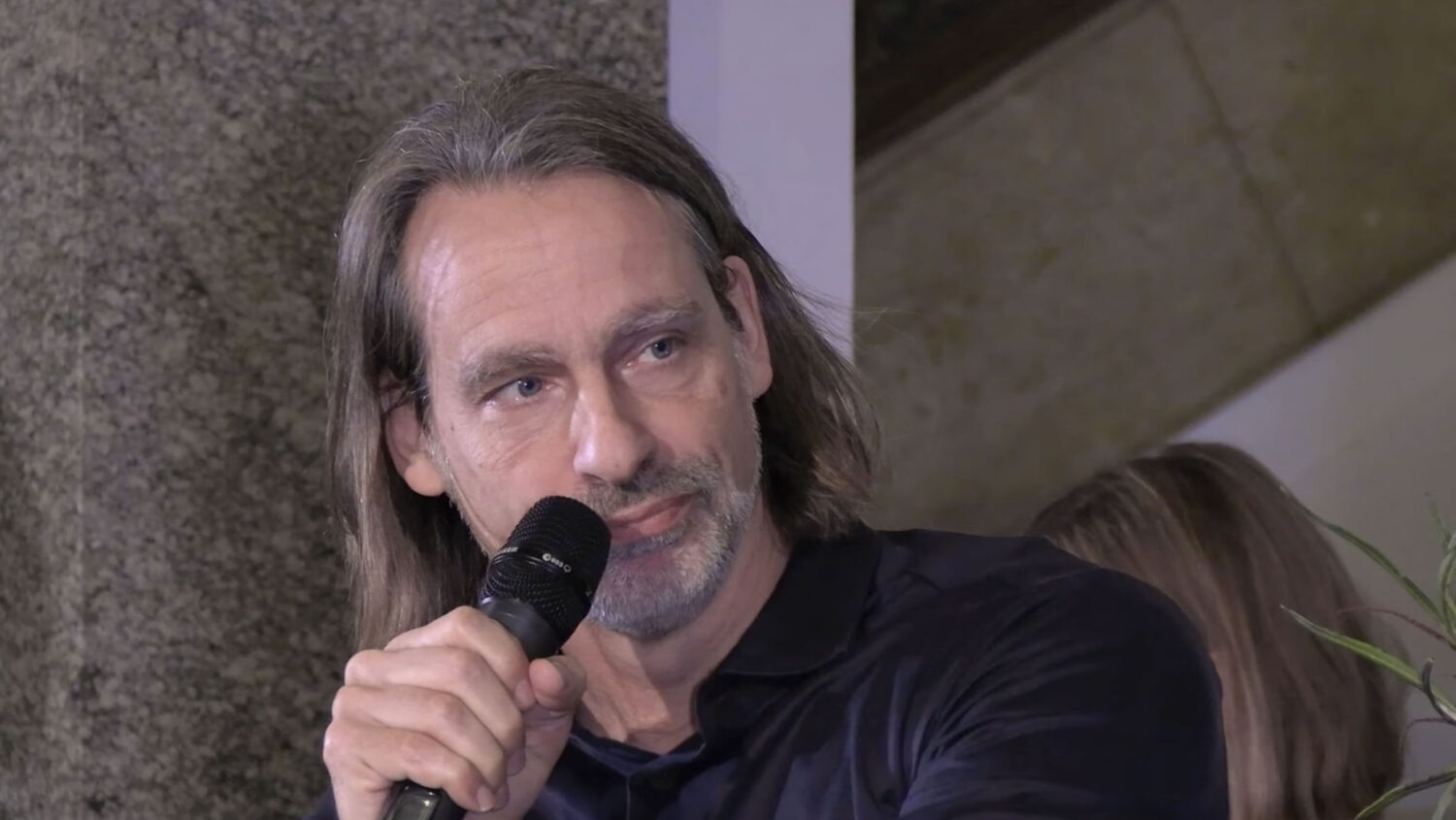
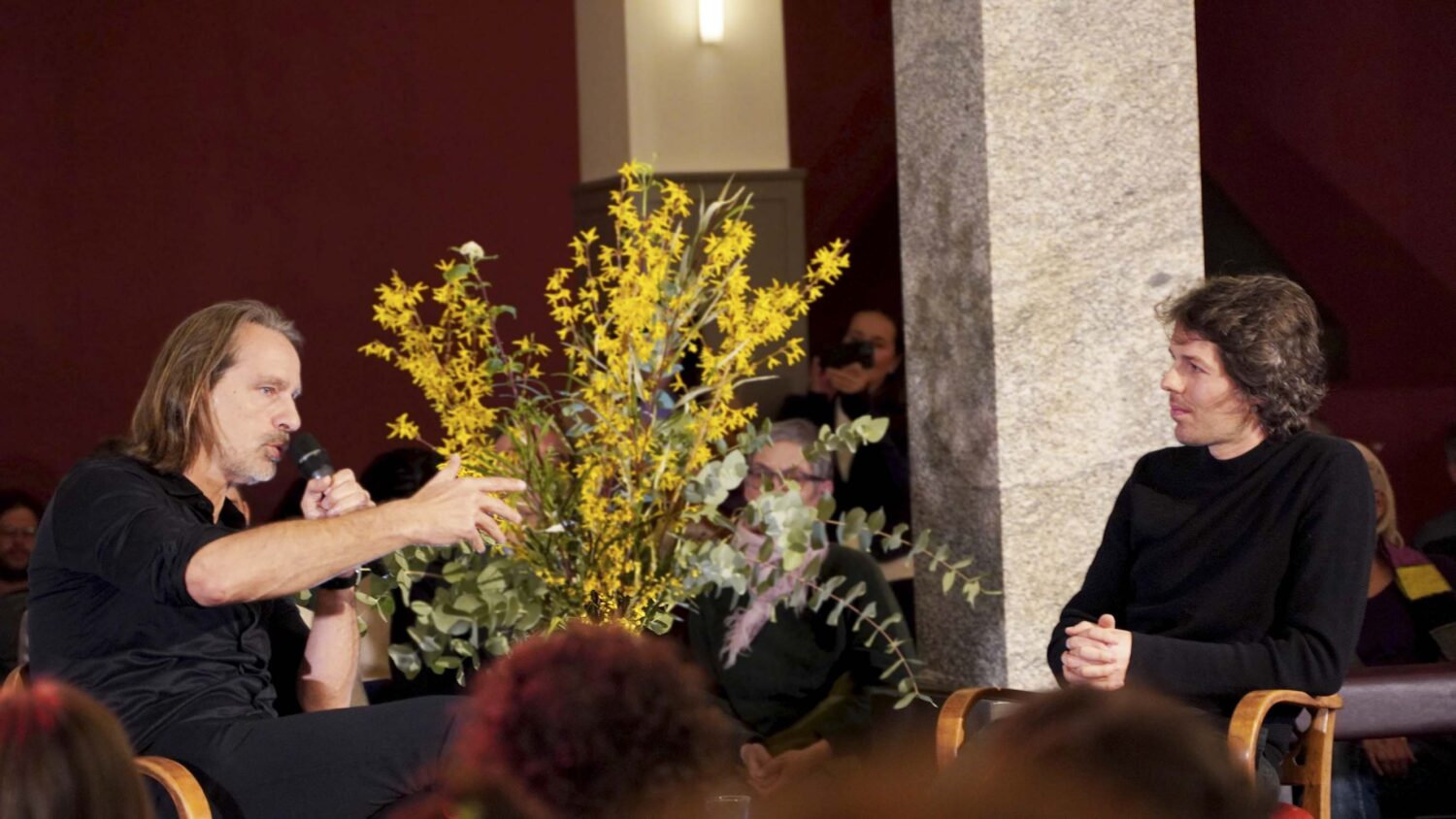
Left: Richard David Precht (left) and Philip Kovce (right). Middle: Richard David Precht. Photos: W. Held
Why Nobody Talks about Basic Income Anymore
Basic income had its heyday after the publication of the [2013] Oxford study on the future of work.4 The researchers took [702] occupations and identified the skills needed in these jobs. They then asked experts and IT developers what could be automated within 25 years. Precht pointed out that around twenty percent of work is replaced in one generation; the carriage driver and washerwoman are two examples. The first years of our new century were a time of belief in progress and advancement. The discussion about universal basic income was part of this. While an abundance of labor calls for new solutions, a shortage of skilled workers, like the one that now exists, brings a longing for earlier times, when there were still enough workers to go around.
During the hour-long conversation, the question of how to get out of a restorative time remained open. Instead, Precht put forward an idea about work: some of our personal developments are not chosen voluntarily, and a “meaningful society” should not completely absolve us of our duties. His own civil service work [which is obligatory in Switzerland, as an alternative to military service] had been such a time of personal development, which he would not have freely pursued if he had had the choice. Why, Precht asked, don’t we invent a compulsory year of social service for all those who retire in their mid-sixties, in addition to a compulsory year of social service in their early twenties after leaving school? Precht did not have to explain his proposal. The proposal spoke for itself, as did the physical presence of the thinker, as did the simple, unsurpassed format of the evening: two people who have taken time to think for themselves now speak and think together.
Full video of talk on Youtube: ‹um-politics›.
Full program of talks: UM Politics Talks
Translation Joshua Kelberman
Footnotes
- Richard David Precht, Freiheit für alle: Das Ende der Arbeit wie wir sie kannten [Freedom for all: The end of work as we knew it] (Munich: Goldmann, 2022).
- Ludwig Erhard, Wohlstand für alle [Prosperity for all] (Berlin: Econ, 2020), first published in 1957.
- Editor’s note: Götz Werner was the billionaire founder of a German retail chain, dm-drogerie markt. He was a prominent advocate for universal basic income and was interested in anthroposophy. You can read more about him here: Götz Werner, Giving Away Everything.
- Carl Benedikt Frey and Michael A. Osborne, “The Future of Employment: How Susceptible Are Jobs to Computerisation?” Technological Forecasting and Social Change 114 (January 2013): 254–280. doi:10.1016/j.techfore.2016.08.019.

